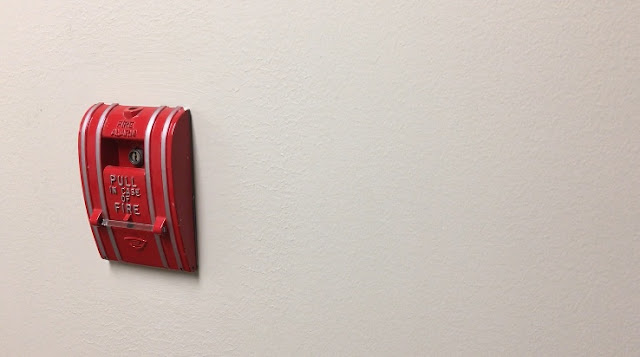Scarlatti through the drywall
I knew it was Scarlatti's Sonata in C because the pianist alone in the room on the other side of the wall had played it for us up close minutes before. And explained how remarkable it was that isolated Scarlatti, court composer in Spain, had produced his brilliant music quite apart from the main currents and personalities of European classical music.
The pianist's name is Lillian. We had met her as she was walking to the piano room in the condo building. Shelagh said her hair, longer on one side, looked great. We laughed that it was a hairstyle last fashionable in the 80s—and now again in Lillian's 80s. Lillian was on her way to practise and was carrying scores by Mozart, Chopin and Scarlatti.
That sparked a memory. I told Lillian how as an undergrad I would listen on LP record to Scarlatti performed by Vladimir Horowitz. I loved saying the name Scarlatti. It brought the scent of a different world. Lillian talked about Horowitz. We arrived at the door to the piano room, which is actually a combination weight-ping pong-bingo room with a piano in the back corner waiting with piano posture to be brought to life. We asked if we could stay to listen. Lillian smiled, said yes, sat down, then reached for her sheet music.
 |
| Sonata in C major, this afternoon |
The ceiling fan blades hung still. We smiled as the notes danced in the air. At points in our impromptu, private recital, Lillian would lift her left hand as it traced the rise and fall of a gentle wave. Pianists do that kind of thing.
 |
| Lillian, live |
When she finished, I asked her to play it again, which she did, apologizing once (to the composer more than to us, I believe) for a misplayed note. It was a thrill. We thanked Lillian and said goodbye, stopping briefly in the hallway as we walked away to listen to Scarlatti through the drywall.
I didn't expect my day would include Lillian or Scarlatti or memories of Horowitz. But these rare things happen every now and again when abundantly kind strangers say yes.




Comments
Post a Comment